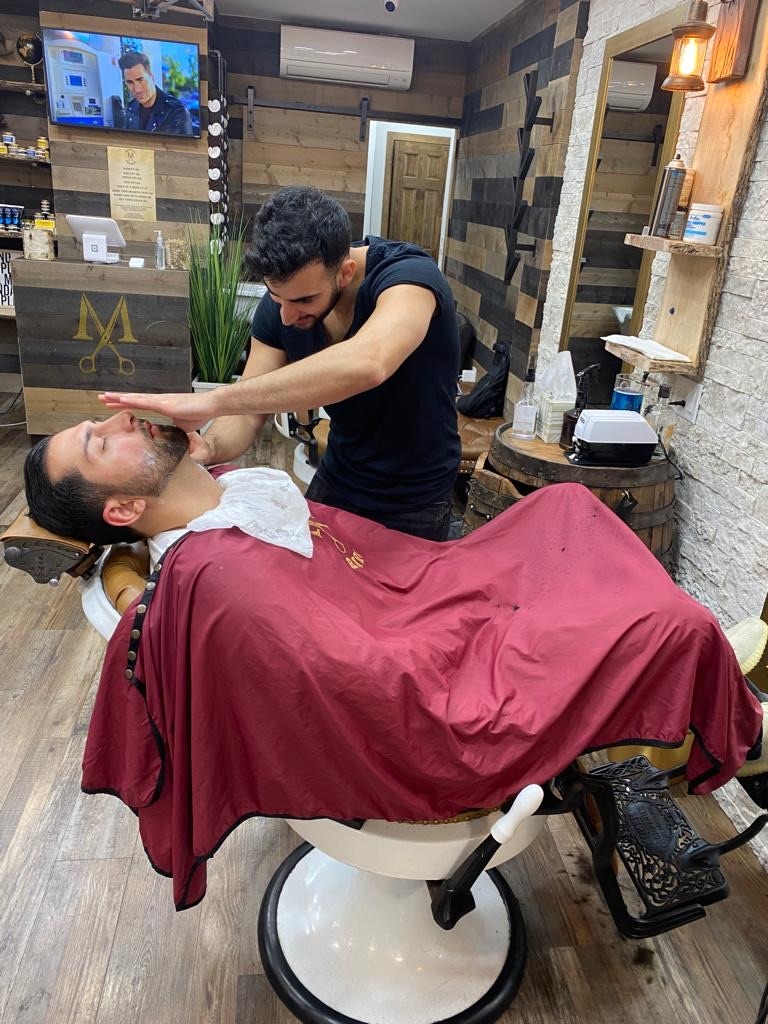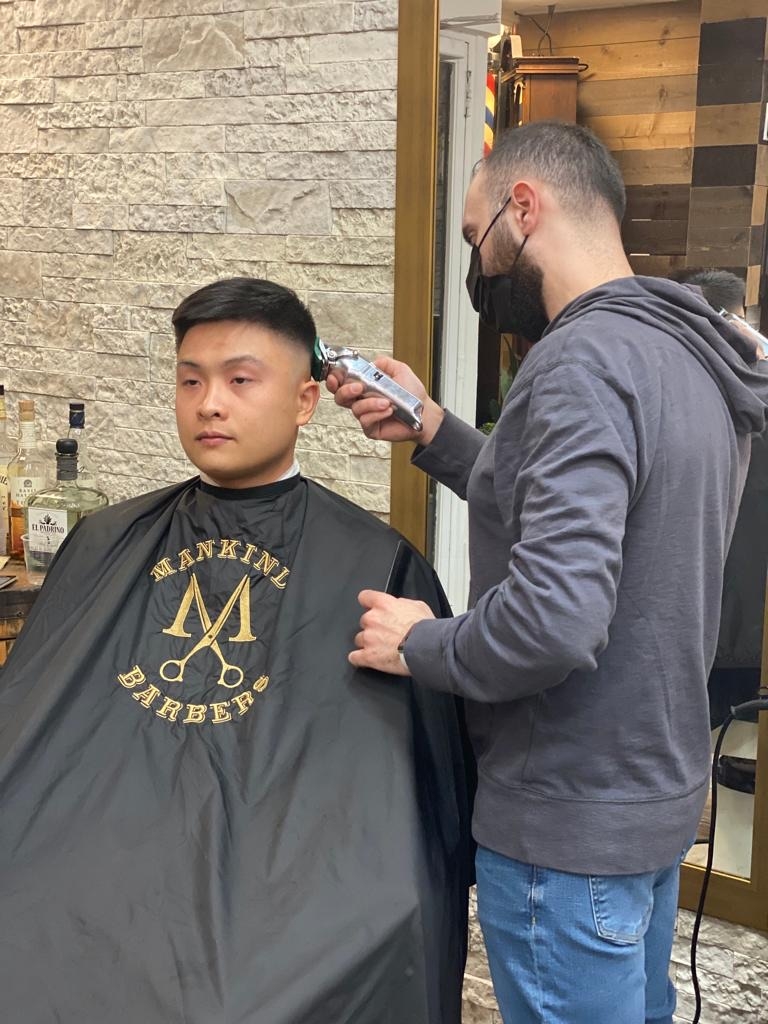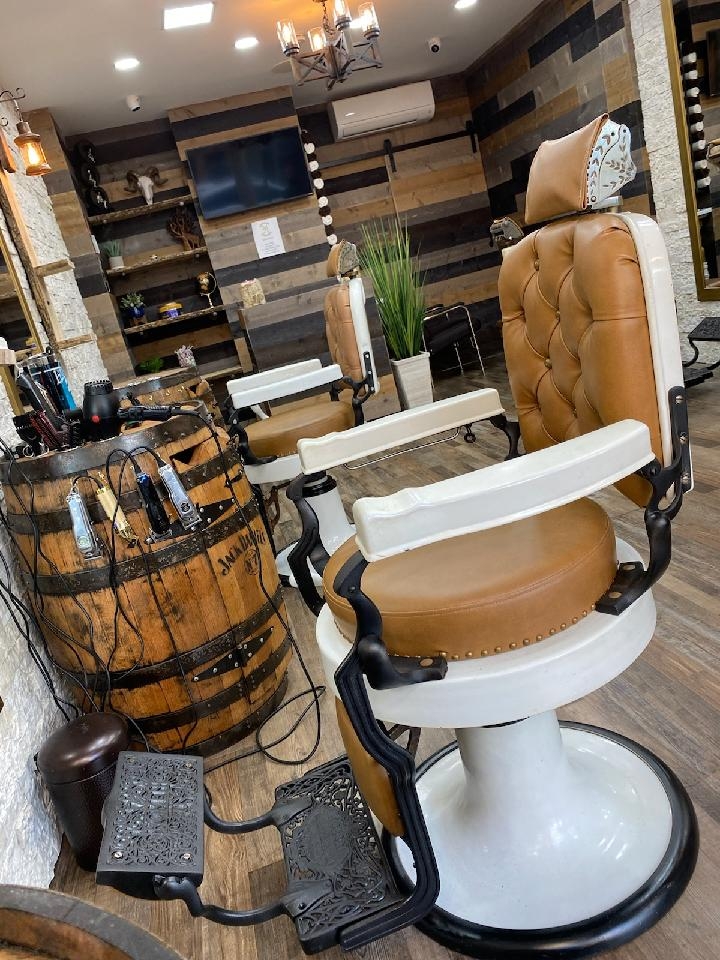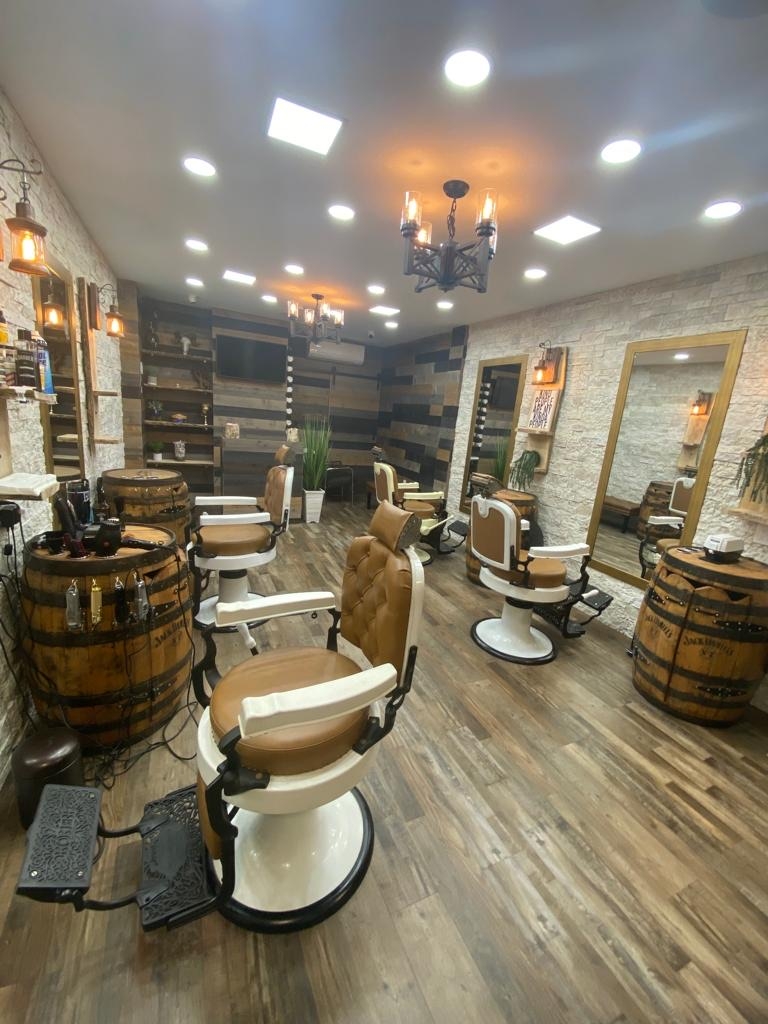

Barbershop quartets achieve perfect harmony in their singing through a combination of tight vocal blend, precise tuning, and attention to detail in their performance. Each member of the quartet has a specific vocal part - tenor, lead, baritone, and bass - that contributes to the overall sound. By listening closely to each other, adjusting their pitch and volume as needed, and practicing regularly, barbershop singers are able to create the rich, full harmonies that are characteristic of the genre.
Common vocal techniques used by barbershop singers to create a unique sound include ringing chords, lock and ring, and vowel matching. Ringing chords involve maximizing the resonance and overtones in a chord to create a vibrant sound. Lock and ring refers to the precise alignment of vocal frequencies to create a seamless blend. Vowel matching ensures that all singers are producing the same vowel sounds, which helps to maintain consistency and clarity in the group's performance.
Tax write-offs for barbers can be a great way to save money on taxes. Barbers can take advantage of a variety of deductions and credits to reduce their taxable income and save money. Here are some of the most common tax write-offs for barbers in 2024. 1. Professional Expenses: Barbers can deduct expenses related to […]

Posted by on 2024-01-02
youtube.com/watch
Posted by on 2023-11-13
youtube.com/watch

Posted by on 2023-11-07
When it comes to hair care, most people focus on styling and coloring their hair, but they overlook the importance of having clean hair before a haircut. Not only does shampooing your hair before a haircut make the barber’s job easier, but it also has many benefits for the health and appearance of your hair. […]

Posted by on 2023-08-08
Barbershop quartets choose their repertoire of songs to perform based on a variety of factors, including the vocal range and strengths of their members, the style and era of the music, and the preferences of their audience. They may select traditional barbershop standards, popular songs from different genres arranged in a barbershop style, or original compositions specifically written for barbershop groups. The goal is to showcase their vocal abilities while engaging and entertaining their listeners.

In a barbershop quartet, each member plays a crucial role in creating a cohesive performance. The lead singer carries the melody, the tenor harmonizes above the melody, the baritone provides the supporting notes that fill out the chords, and the bass sings the lowest notes to provide a solid foundation. Through careful listening, blending their voices, and balancing their individual parts, the members work together to create a unified sound that is greater than the sum of its parts.
Key characteristics of barbershop music that set it apart from other vocal styles include close harmonies, a cappella singing, ringing chords, and a focus on emotional expression. Barbershop music is known for its tight vocal harmonies, with chords that create a ringing, resonant sound. The absence of instrumental accompaniment allows the voices to shine and highlights the skill and precision of the singers. Emphasis is placed on conveying the emotional content of the lyrics through dynamic changes, phrasing, and vocal expression.

Barbershop quartets typically prepare for competitions and performances by rehearsing regularly, working on vocal technique, and refining their musical interpretation. They may participate in coaching sessions with experienced barbershop singers or directors to receive feedback and guidance on their performance. Quartets often focus on polishing their repertoire, perfecting their blend and tuning, and developing a strong stage presence to engage their audience and judges.
Popular barbershop quartet competitions and events that groups can participate in include the International Barbershop Harmony Society competitions, the Sweet Adelines International competitions, and regional contests held by local barbershop organizations. These events provide an opportunity for quartets to showcase their skills, receive feedback from judges, and connect with other barbershop singers from around the world. Competitions often feature multiple rounds of performances, with quartets judged on criteria such as vocal quality, musicality, and stage presence.

During the Great Depression, the business of barbershops in Brooklyn experienced a significant decline in customers and revenue. As unemployment rates soared and disposable income dwindled, many individuals could no longer afford regular grooming services. This led to a decrease in foot traffic and a decrease in demand for haircuts, shaves, and other barbering services. Barbershops in Brooklyn had to adapt by offering discounted rates, implementing cost-saving measures, and diversifying their services to attract customers. Despite these efforts, many barbershops struggled to stay afloat during this challenging economic period. The Great Depression had a lasting impact on the barbershop industry in Brooklyn, shaping the way businesses operated and interacted with their clientele for years to come.
During the 1970s in Greenwich Village, barbershops served as important gathering places for the LGBTQ+ community. These establishments provided a safe space for individuals to express themselves freely and openly, away from the discrimination and judgment they may face in other public spaces. Barbershops in the area often catered to a diverse clientele, including members of the LGBTQ+ community, who found comfort and acceptance within their walls. Additionally, barbershops in Greenwich Village during this time period were known for fostering a sense of community and solidarity among LGBTQ+ individuals, creating a supportive network for those who may have felt marginalized or isolated. Overall, barbershops played a crucial role in providing a sense of belonging and camaraderie for LGBTQ+ individuals in Greenwich Village during the 1970s.
Italian immigrants visiting Little Italy barbershops in the early 20th century often engaged in grooming rituals that were deeply rooted in their cultural traditions. These rituals typically included services such as straight razor shaves, haircuts styled with pomade, and meticulous beard trims. Barbers would also offer services like hot towel treatments, facial massages, and eyebrow shaping to enhance the overall grooming experience. Additionally, Italian immigrants would often engage in lively conversations with their barbers and fellow patrons, creating a sense of community and camaraderie within the barbershop. Overall, these grooming rituals were not just about physical appearance, but also about maintaining a sense of pride and connection to their heritage.
The advent of the digital age had a significant impact on barbershop entrepreneurship in Manhattan during the 2010s. With the rise of social media platforms, barbershops were able to showcase their work, attract new customers, and engage with their existing clientele in innovative ways. Online booking systems made it easier for customers to schedule appointments, while digital marketing strategies allowed barbershops to reach a wider audience. Additionally, the popularity of online reviews and ratings influenced the reputation and success of barbershops in Manhattan. Overall, the digital age revolutionized the way barbershops operated and marketed themselves in a competitive market like Manhattan.
The arrival of Irish immigrants in Hell's Kitchen during the 19th century had a significant impact on barbershop culture in the area. These immigrants brought with them their own traditions and practices related to grooming and personal care, which influenced the services and atmosphere of local barbershops. The influx of Irish barbers also led to an increase in competition among barbershops, as they sought to attract customers with their unique skills and techniques. Additionally, the Irish immigrants contributed to the diversity of barbershop culture in Hell's Kitchen, creating a melting pot of styles and services that catered to a wide range of clientele. Overall, the presence of Irish immigrants played a crucial role in shaping the barbershop scene in Hell's Kitchen during this time period.